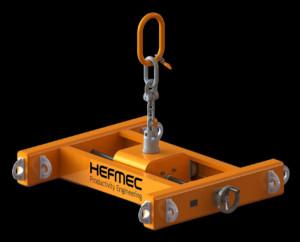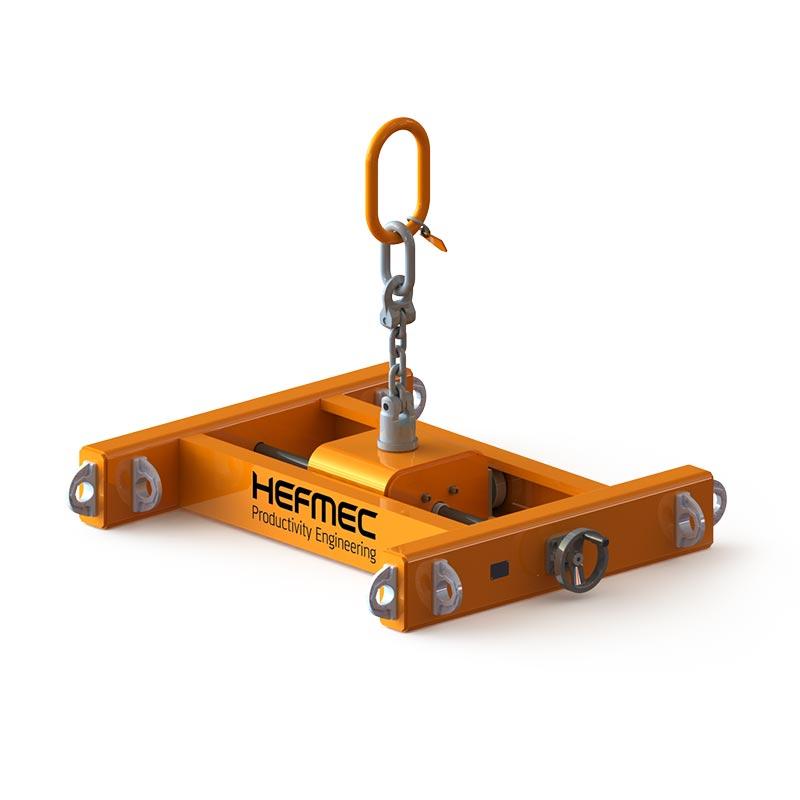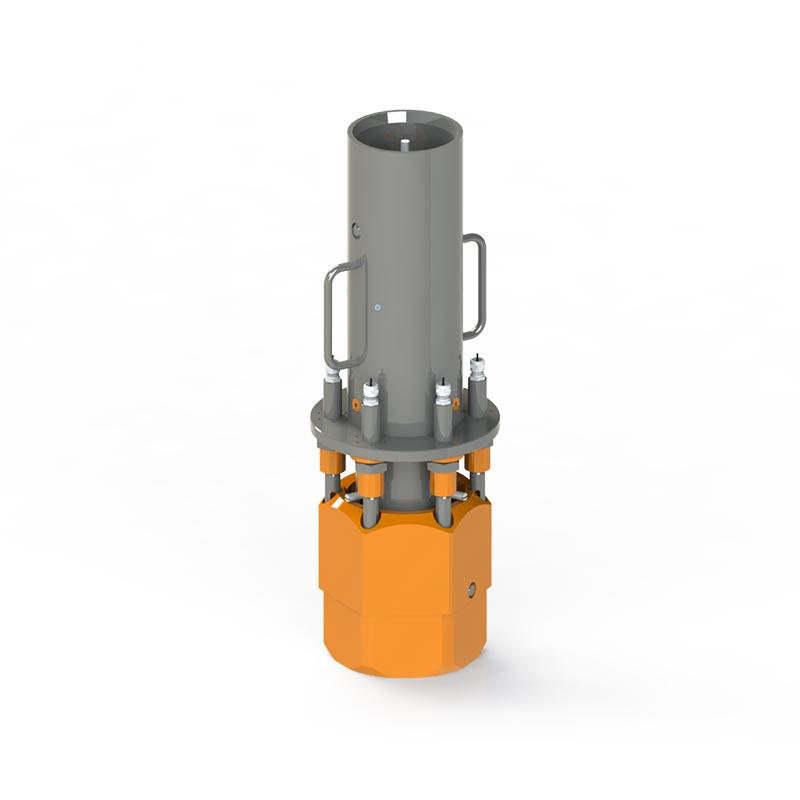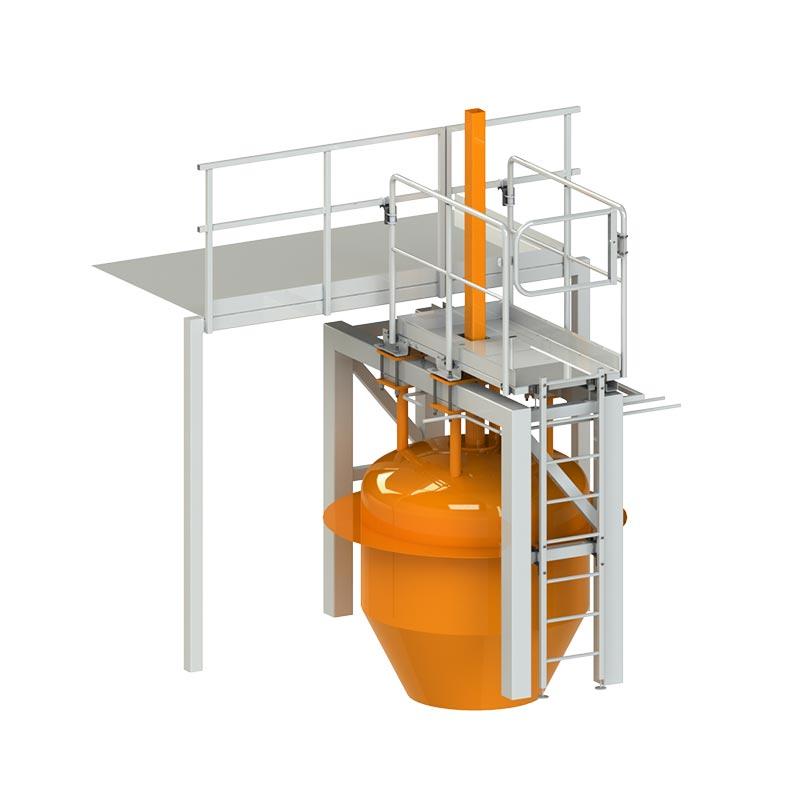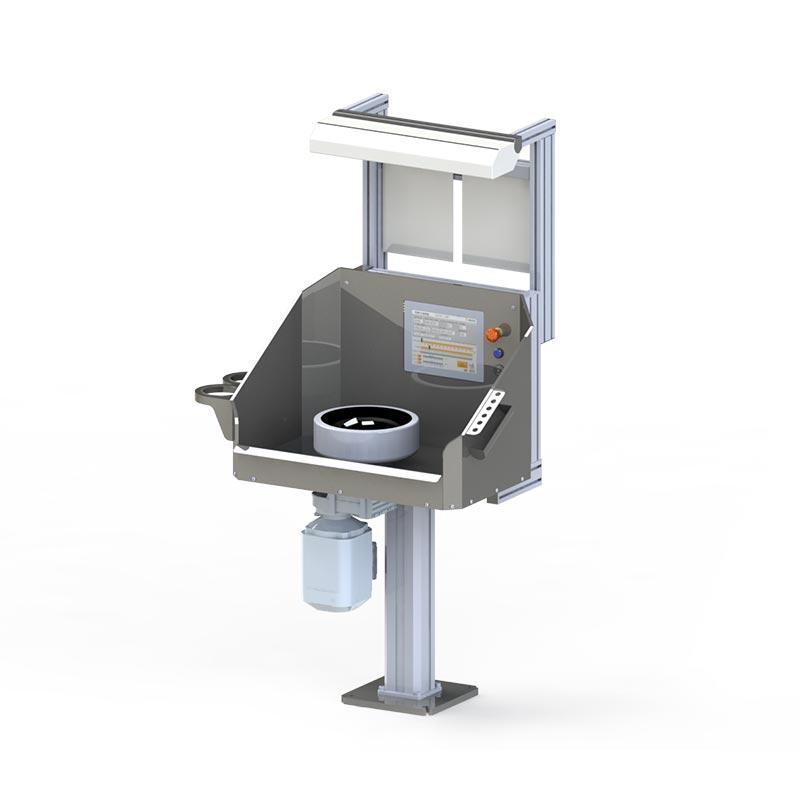Efficient spare parts management in an industrial plant is based on modern digital systems, spare parts criticality classification and a centralised management model. Integrated spare parts systems enable real-time monitoring, predictive analytics and automated ordering, reducing production downtime and optimising inventory value. Digitising spare parts management is key to achieving greater operational reliability and cost efficiency.
What is the most efficient way to manage spare parts in an industrial plant?
A modern industrial plant needs a reliable and efficient spare parts management system to operate. The cornerstones of modern spare parts management are digital systems that allow real-time monitoring of the stock situation and automatic alerts when critical parts are running low. Another key principle is the criticality classification of spare parts, which helps to prioritise the most critical components.
Built with Hefmec’s expertise, spare parts management solutions are based on long-standing industry experience and an understanding of how spare parts availability affects production continuity. We combine optimisation of spare parts logistics with a comprehensive maintenance strategy to ensure uninterrupted operations for our customers.
Another important part of effective spare parts management is supplier network management and reliable supplier relationships. Having a well-managed spare parts supply chain enables a rapid response to unforeseen needs, which is crucial, especially in critical production processes.
How do digital spare parts systems improve the reliability of an industrial plant?
Digital spare parts systems are revolutionising the reliability of industrial plants by taking it to a whole new level. Real-time monitoring enables accurate stock levels to be maintained so that critical parts do not run out unexpectedly. The systems are also capable of predictive analytics, using historical data and consumption forecasts to estimate future demand.
The digital solutions offered by Hefmec integrate seamlessly with other systems in industrial plants, such as maintenance management software. This enables automatic identification of spare parts needs during preventive maintenance and reduces the amount of manual work.
Automated ordering systems ensure that spare parts are ordered in time before they run out. This significantly reduces downtime by preventing production stoppages caused by a lack of spare parts. Digital systems can also help optimise stock levels and the capital committed to spare parts without compromising reliability.
How does the criticality classification of spare parts affect cost-effectiveness?
The criticality classification of spare parts is key to achieving cost-effective spare parts management. ABC analysis is a commonly used method that classifies spare parts according to their criticality and economic importance. Category A parts are critical to production and their availability must be ensured in all situations, while category C parts can be purchased as needed.
Hefmec experts use a wide range of classification methods that take into account not only criticality, but also delivery times, storage costs and the impact on production continuity. Using this approach, our customers have typically achieved savings of 15-30% on the total cost of spare parts.
Criticality classification also helps to determine the optimal stock allocation for different spare parts. The most critical parts should be stored close to production, while less critical parts can be concentrated in regional warehouses. This approach optimises storage costs while improving the availability of critical parts.
| Category | Criticism | Storage model |
|---|---|---|
| A | Very critical | Local warehouse |
| B | Important | Regional warehouse |
| C | Low criticality | Centralised or supplier warehouse |
What are the advantages of a centralised spare parts service for an industrial plant?
A centralised spare parts service offers significant advantages for an industrial plant compared to a decentralised model. Security of supply is improved as higher volumes allow for better supplier contracts. Logistics efficiencies are reflected in reduced transport costs and faster delivery times.
Hefmec’s centralised spare parts services include spare parts storage, quality control and delivery coordination. Our service integrates with the customer’s own systems and processes, creating a seamless whole that supports production continuity.
A centralised spare parts service allows an industrial facility to benefit from specialised expertise in spare parts management. Hefmec experts are familiar with industrial spare parts and their criticality, enabling a proactive approach to spare parts management. For example, we have helped one of our process industry customers reduce production downtime by 40% through a centralised spare parts service.
How does spare parts management affect the efficiency of maintenance in an industrial plant?
Spare parts management and maintenance are closely linked. Effective spare parts management allows planning and scheduling of maintenance work in advance by ensuring the availability of the necessary parts. This significantly reduces waiting times for repair work and improves the productivity of maintenance staff.
Hefmec’s maintenance services use intelligent spare parts management based on predictive analytics. We identify equipment wear rates and anticipate spare parts needs before equipment failures occur. This enables accurate planning of preventive maintenance and the procurement of spare parts in the optimal timeframe.
One example of a streamlined maintenance process is our customer in the paper industry, where we combined an intelligent spare parts system with a preventive maintenance programme. The result was a 30% reduction in maintenance downtime and a 25% reduction in maintenance costs, as the right spare parts were always available at the right time.
The future of industrial spare parts management – a Hefmec perspective
Industrial spare parts management is changing with digitalisation, IoT and artificial intelligence. Predictive analytics will revolutionise spare parts management as systems learn to identify wear patterns and predict equipment failure with increasing accuracy. This will allow spare parts to be ordered at exactly the right time, reducing inventory costs.
Hefmec’s vision for the future of spare parts management is based on intelligent and learning systems that automatically optimise the availability of spare parts. Digital twins enable the simulation of equipment wear, further improving predictability. The solutions we develop are flexible and scalable, suitable for industrial plants of different sizes.
We recommend the following steps for industrial plants to develop spare parts management:
- Review of the current spare parts inventory and criticality classification
- Implementation of the digital inventory system
- Developing spare parts consumption forecasts based on historical data
- Integrating maintenance strategy and spare parts management
- Assessing the potential of a centralised spare parts service
Hefmec is ready to help industrial plants modernise their spare parts management and achieve greater reliability and cost efficiency. Our agile working methods and customer-centric approach enable rapid deployment and tangible results in a short time.


